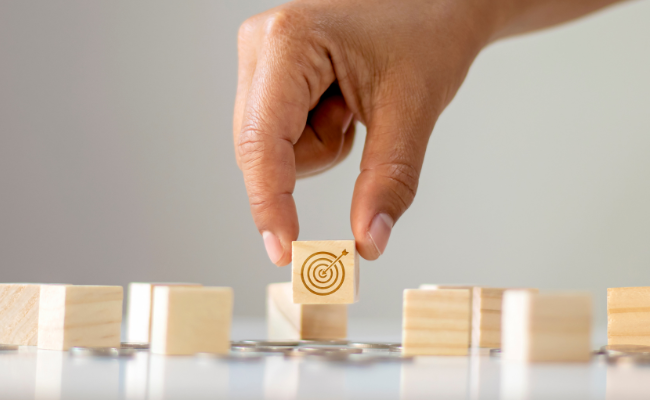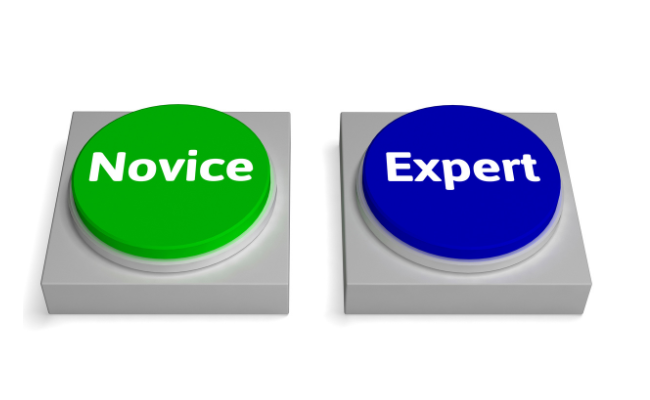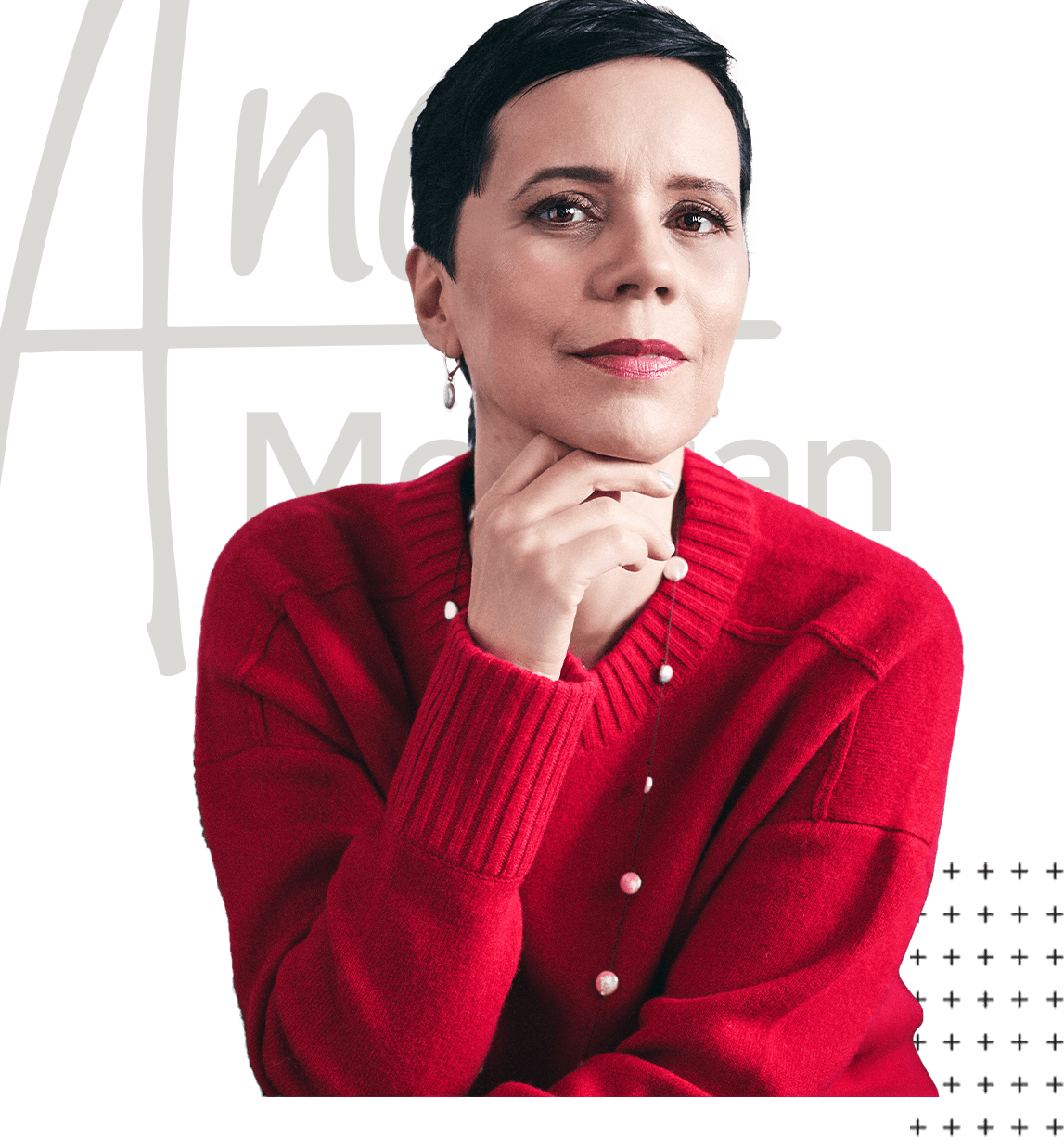Inner Game of Success with Joanne McCall
“The inner game of success is where it all begins. Anything you want to put, do, accomplish, or make happen out there will all start with the inner game.” – Joanne McCall
I had the opportunity to speak with Joanne McCall, an author, speaker, media trainer, and visibility strategist. She is also a publicist and PR coach dedicated to helping authors and influencers gain media attention and become “media darlings.”
We discuss:
- Three steps for supporting our inner game of success
- The “expert-beginner” infinite loop
- How imposter syndrome impacts our inner game of success
Three steps for supporting our inner game of success

Have you ever set a goal, and no matter what you did, you couldn't reach it? If you have repeatedly aimed for the same group of goals without progress or success, that may mean your inner game is off.
This goal or these goals could be anything from wanting to lose weight to trying to stop procrastination. Whatever the case, they’re most likely the goals you claim to have a deep desire to meet.
“The outer game is what you specifically do out there to make it happen,” Joanne says. “But before any of that will work, you must address the inner game. What is stopping you from going after those things you say you want?”
Step 1: Confronting unconscious beliefs
Odds are there is an outdated belief deep inside us that unconsciously throws off our inner dialogue. We don’t typically want to address this belief because it’s intangible and takes some pointed work to parse out.
“We don't want to unravel that and look at it and find out, ‘I have a belief that I'm not worthy of this,’ or, ‘I'm not smart enough,’ or, ‘I don't know technology well enough,’ or, ‘I'm too young,’ or, ‘I'm too old,’” Joanne says.
It can be harrowing to meet our unconscious beliefs face to face, but the result is a more aligned inner game.
Step 2: Correlate that belief with something positive
Once we’ve unearthed our unconscious belief, we must put it aside and think of something we know we’re good at—making follow-up calls, writing marketing copy, editing graphics, cooking a complicated meal, etc. Hold that feeling of accomplishment.
Next, while holding tight to that feeling, we think of that goal we want so badly that we have been unable to reach. That’s where we aim to combine these two threads and think, “Maybe I can do this; this is possible.” That is one sizable step forward for rewiring our neural pathways.
Step 3: Test and repeat
We must continue to test out where our inner game is regarding our beliefs and reality. How much resistance do we feel when combining positive emotion with our goal?
“Keep doing the rewiring, keep thinking about what you're good at and how you can do that thing. Think of examples where you did something you didn't think you could do, and then you could all of a sudden. Like riding a bike.” Joanne shares.
Maybe you feel like you’re not smart enough to achieve your goal—contradict yourself. Remind yourself of a time you were smart enough, no matter how trivial it may seem. Contradict your negative beliefs with positive counterpoints based on reality.
The “expert-beginner” infinite loop

Joanne describes the expert-beginner infinite loop as such due to the nature of both professional and personal seasons of life. One end of the loop is expert; the other is beginner. Not because we lose skills but because we are constantly gaining new ones at different levels of competence.
“If you imagine tracing your finger around those two loops, it's infinite,” she explains. “There's no stopping, it goes back and forth. Because there is so much disruption and change in our world, even though you're an expert, things change.”
There are disruption industries, new technology, new procedures, etc., and we go back and forth in that infinity. This cycle can be intimidating, but to never stop learning is a superpower. Having the courage to be a beginner is required to become an expert, no matter the industry.
How imposter syndrome impacts our inner game of success

Imposter syndrome gets us all at one point or another—no one is safe. Perhaps one of the most telling instances of imposter syndrome comes with writing a personal or professional development book. Usually, when someone writes a book, they are an expert in whatever they are writing about. And yet the doubt creeps in.
The tools for reducing imposter syndrome are in tandem with the steps for aligning our inner game. We must acknowledge the blind spot, correlate it with our skillset, and refine the process until there is harmony.
In addition to inner game work, we can look to our peers and take pointers on how they handle shared challenges. How do they market? What is their promotional presence like? How do they respond to doubters and negativity? We may learn a few actions to avoid this way, as well.
“Everybody has their own viewpoint and experience,” Joanne says. “And no one can take that away from you or say that isn't true. You have your expertise.”
Finding inspiration from peers—as long as we put our own spin on what we learn—is one of the oldest plays in the book when it comes to brand building and putting ourselves and our work out there for mass consumption.
What is a limiting belief or blind spot you think could be holding you back? What is something you can do today to confront that blind spot?
Be sure to check out Joanne’s full episode for further insight into the inner game of success and learn more at JoanneMcCall.com!








